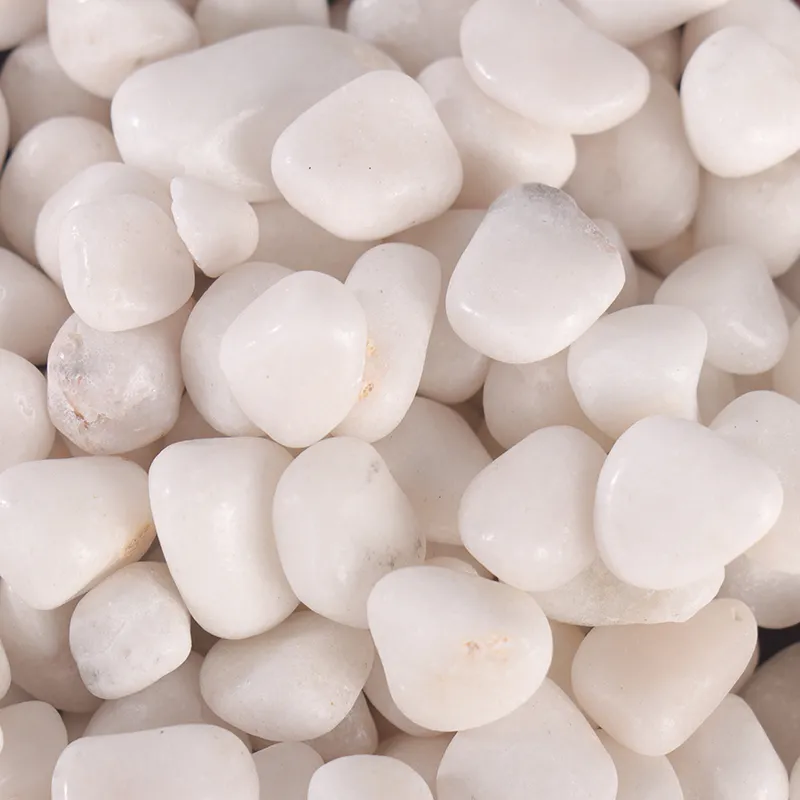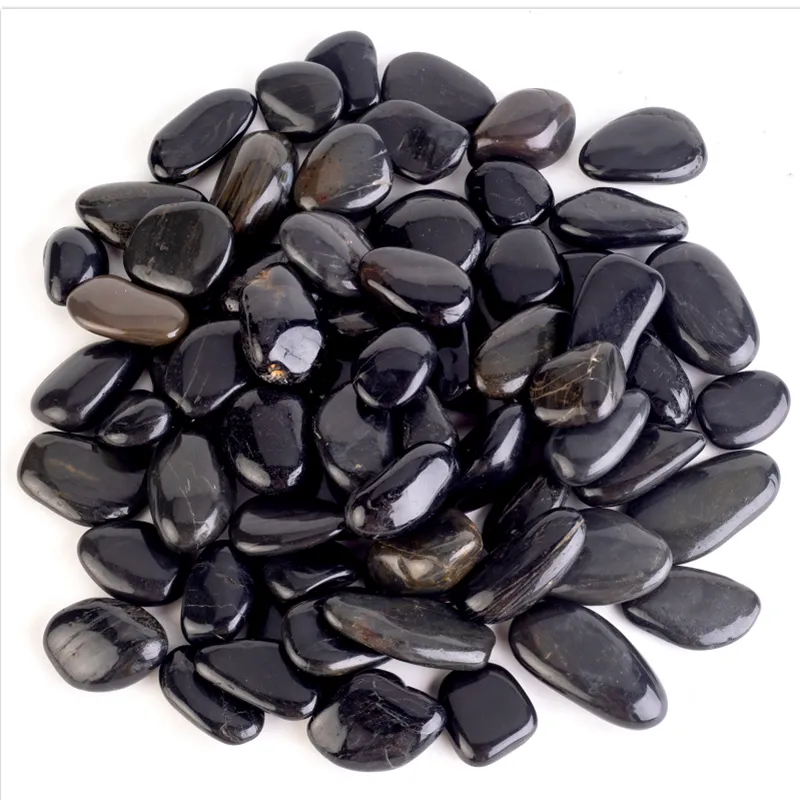10 月 . 14, 2024 16:37 Back to list
Ethical Sourcing of Nephrite Jade: Ensuring Sustainable and Fair Trade Practices
Nephrite jade, a prized gemstone known for its rich green color and calming properties, has been revered for centuries in cultures around the world. However, with increasing global demand, the ethical sourcing of types of green jade has become a growing concern. Ensuring sustainable and fair trade practices in jade mining is crucial to preserving the environment and protecting local communities affected by extraction. In this article, we’ll explore the importance of ethically sourcing nephrite jade and the steps being taken to ensure sustainability in the industry.
The Impact of Mining Types of Green Jade on the Environment
Mining green jade for sale, especially nephrite jade, can have a significant environmental impact if not managed responsibly. The process of extracting jade from the earth requires large-scale mining operations that can lead to habitat destruction, soil erosion, and water pollution. In addition, the use of heavy machinery and chemicals can further harm local ecosystems.
Ethical sourcing of nephrite jade prioritizes minimizing these environmental impacts. Sustainable mining practices focus on reducing habitat disruption and using eco-friendly technologies to extract jade with minimal damage to the surrounding environment. This approach is not only better for the earth but also helps preserve the integrity and natural beauty of jade deposits for future generations.
Ensuring Fair Trade Practices for for Green Jade for Sale
The ethical sourcing of spinach nephrite jade also involves fair treatment of the communities where the stone is mined. Many nephrite jade mines are located in remote areas, often inhabited by indigenous populations that rely on the land for their livelihoods. Unregulated mining can lead to the displacement of communities, exploitation of workers, and even conflicts over land rights.
To ensure fair trade, it’s essential that mining companies work closely with local communities, providing fair wages, safe working conditions, and investing in social infrastructure such as schools and healthcare. Some companies also give back a percentage of their profits to community development projects, creating a more sustainable and equitable industry.
Identifying Ethical Sources of Green Jade or Sale
For consumers, supporting ethical jade mining means being aware of where your green jade for sale comes from. There are certifications and initiatives that help trace the origin of nephrite jade and ensure that it has been ethically sourced. For example, some companies are committed to sourcing jade from mines that adhere to environmental and labor standards set by international organizations.
When purchasing jade, look for suppliers who are transparent about their sourcing practices. They should be able to provide information about where the jade was mined, the working conditions of the miners, and the steps taken to minimize environmental impact. This transparency helps ensure that the types of green jade you purchase are not contributing to environmental degradation or the exploitation of local communities.
The Importance of Ethically Sourced Spinach Nephrite Jade
As demand for jade continues to grow, there has been a rise in the production of imitation stones, or materials that closely resemble jade but are not genuine. Stone that looks like jade, such as serpentine, quartz, or even concrete cobble, is often sold as a substitute for nephrite jade. While these materials can be attractive and affordable, they do not hold the same cultural or economic value as genuine nephrite jade.
However, the production of imitation stones poses its own ethical dilemmas. In some cases, the manufacturing process of stone that looks like jade can involve harmful chemicals or exploitative labor practices. This underscores the importance of not only sourcing genuine jade ethically but also ensuring that alternatives are produced under fair and sustainable conditions.
The Future of Concrete Cobble and Ethical Jade Mining
The future of nephrite jade mining lies in the balance between meeting consumer demand and protecting the environment and communities. As more consumers become aware of the need for ethical sourcing, there is growing pressure on mining companies to adopt sustainable practices. Companies that prioritize the environment and fair treatment of workers are setting a new standard in the industry.
The ethical sourcing of nephrite jade is essential to preserving both the stone itself and the communities that rely on it. Ensuring that types of green jade are mined in a way that protects the environment and respects local communities is not just a trend but a responsibility for the industry. By supporting companies that prioritize sustainability and fair trade, consumers can play a crucial role in promoting a more ethical jade market.
-
Tumbled Nephrite Jade in Feng Shui: How to Attract Balance and Prosperity
NewsOct.18,2024
-
Nephrite Jade in Home Décor: Bringing Earthy Elegance to Your Living Space
NewsOct.18,2024
-
How to Spot Authentic Tumbled Nephrite Jade: A Buyer’s Guide
NewsOct.18,2024
-
Healing Properties of Tumbled Nephrite Jade: A Look into Ancient Wellness Practices
NewsOct.18,2024
-
Ethical Sourcing of Nephrite Jade: Ensuring Sustainable and Fair Trade Practices
NewsOct.18,2024
-
Caring for Your Tumbled Nephrite Jade: Maintenance Tips for Longevity
NewsOct.18,2024






